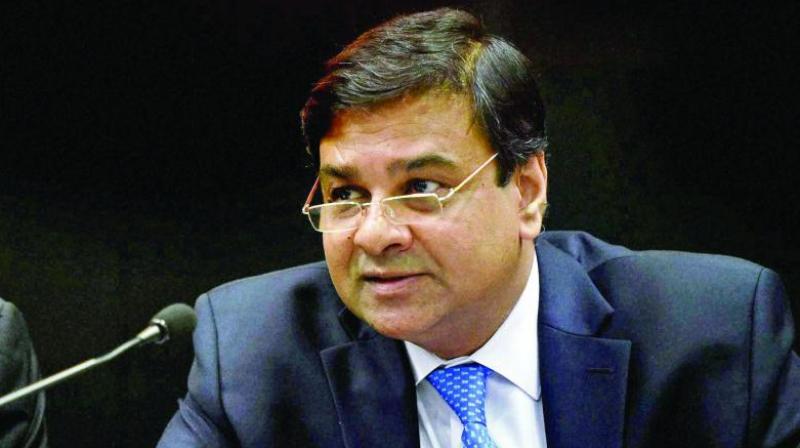RBI seeks more power
RBI governor stated that its regulatory powers over PSBs are weaker than those over the private sector banks.

Mumbai: In the wake of PNB scam, RBI governor Urjit Patel has called for making banking regulatory powers neutral to bank ownership as the Central Bank has only limited set of powers under the Banking Regulations Act (BR Act) to effectively supervise the public sector banks.
In his first public comments following the PNB scam that has raised concern regarding the quality of audit processes followed in state owned banks, the RBI governor stated that its regulatory powers over PSBs are weaker than those over the private sector banks.
He said that the RBI cannot remove directors and management at PSBs as the relevant sections of the BR Act is not applicable to them. Similarly, the section of the BR Act that provides for supersession of a bank board is also not applicable in the case of PSBs.
“This legislative reality has in effect led to a deep fissure in the landscape of banking regulatory terrain: a system of dual regulation, by the finance ministry in addition to the RBI. Temptation to engage in fraud at the level of employee or employees is always present, in banks (or in corporations), be it in public sector or private sector. The question then is whether there is adequate deterrence faced by employees from undertaking frauds and enough incentives for management to put in place preventive measures to pre-empt frauds,” he said while addressing a seminar.
Responding to criticism regarding the failure of RBI audit to detect the fraud, the governor said it is simply infeasible for a banking regulator to be in the every nook and corner of banking activity to rule out frauds by “being there”.
“In the specific case at hand, RBI had identified, based on cyber risk considerations, the exact source of operational hazard – through which we understand now the fraud had been perpetrated. In particular, the RBI had issued precise instructions via three circulars in 2016 to enable banks to eliminate the hazard. It turns out ex post the bank had simply not done so. Clearly, the internal processes at the bank failed in allowing the operational hazard to remain in place in spite of clear instructions to close it,” he said.
Mr Patel added that the exemptions granted to state-owned banks under the BR Act mean that the regulator that can respond relatively quickly against banking frauds or irregularity cannot take effective action. In case of private sector banks, he said that the real deterrence arises from market and regulatory discipline, and their confluence.

